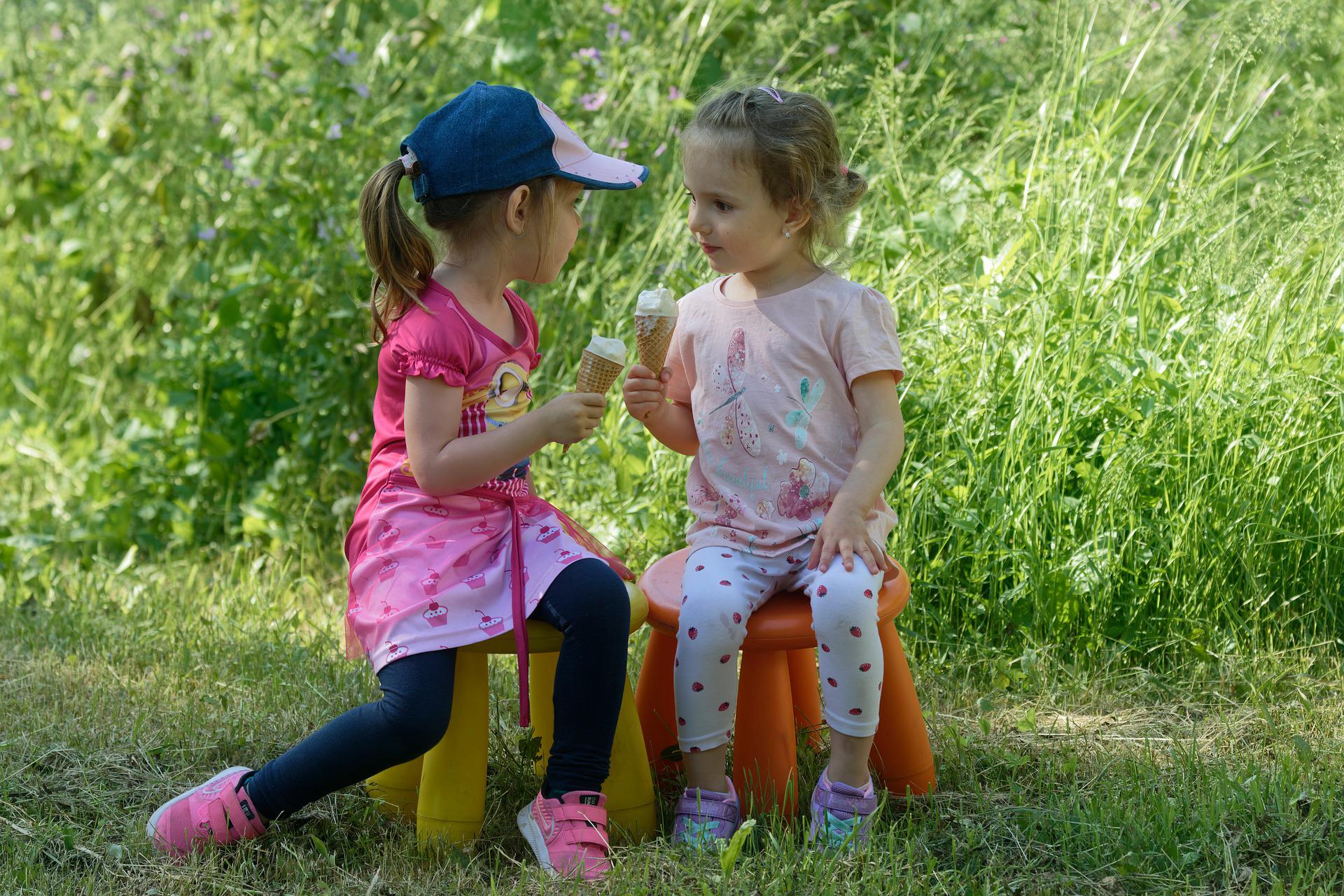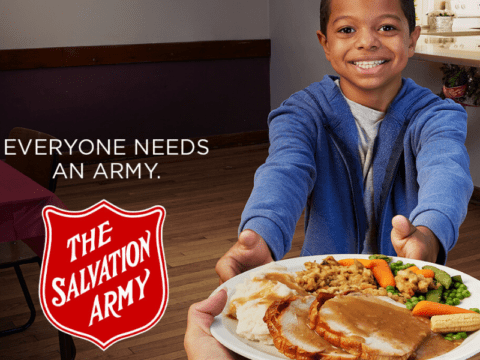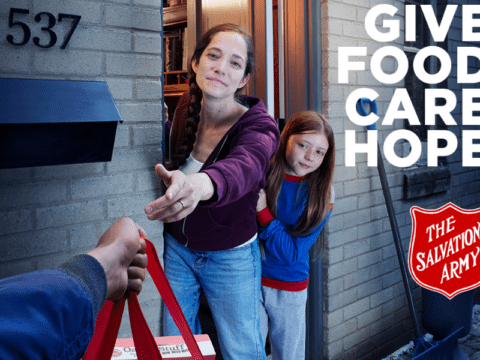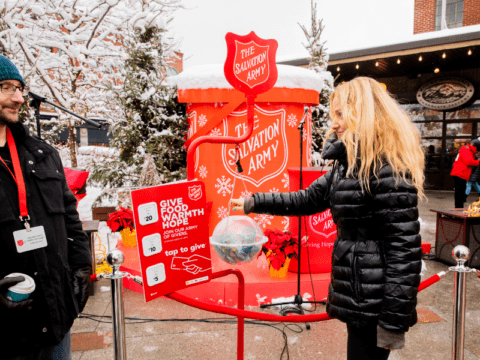If you have kids in your life, you know that summertime is full of fun, outdoors, and extra down time. It can also be a time when you feel like children are asking for more of everything: more of your attention, more experiences, more money. Whether a road trip brings demands for treats at the gas station, or the local fair has them pleading for cotton candy, you’ve told them a hundred times that money doesn’t grow on trees. They know that sharing shows caring. And yet, with the freedom from routine that summer brings, they can seem like small ego-fuelled goblins.
While there may not be a way to completely counter the consumerist messages kids receive, here are some ideas to feed generosity over the summer months.
You may unsubscribe from any of our newsletters at any time.
- Tell stories!
Stories are powerful. They help us see the world from other perspectives, and can lead to the best conversations. Here are some books for kids of all ages that reflect on the themes of generosity, environmental stewardship, gratitude, and sharing. The Giving Tree by Shel Silverstein, Extra Yarn, by Mac Barnett, The Power of One, by Trudy Ludwig or The Thank You Book, by Mo Willems. All are great reads.
Tell your own stories too! In kid-friendly terms, talk about how being generous feels, why your community/city/world needs people to share, or times that you have felt gratitude for other’s gifts.
- Model Generosity
Children need to see generosity in action to understand it. If you already volunteer, adding your kids into the mix may seem like extra work (and it can be), but it’s also an important way for them to understand their family’s identity as generous helpers. Pick up garbage in your neighbourhood. Sign up as a buddy for a new Canadian family to practice English and be a friendly face. Take your kids, or grand-kids, to rallies, picket lines, teach-ins, and vigils. Make sure your kids are helping stack chairs or clear tables after church. If you are asked by a stranger for spare change, share, and talk to your kids about addiction, housing, and poverty. Children’s natural state of self-centeredness can only be challenged by seeing the important people in their lives share their own time, energy and resources.
- Create a family budget
This can be done at all ages, but works best for children over age six, when they have a better sense of what money is. Talk about your family income and expenses, including how much your family shares with charitable organizations. There are lots of programs and apps to help make budgeting easier—You Need a Budget, Mint, and KOHO are just some examples.
Having a budget your child has helped create can also fend off begging and pleading when you’re out shopping. A simple response of “No, that’s not in the budget,” can do the trick. If they get an allowance or earn money another way, help them set up their own budget. What will they spend, save, and donate?
Most of all, keep asking this question: how are we using our resources—money, energy and time—to make the world a better place?
Vicki Nelson lives with two of her own ego-fuelled goblins in Regina, Saskatchewan. She serves as a Community of Faith Stewardship Support staff for the United Church of Canada.













